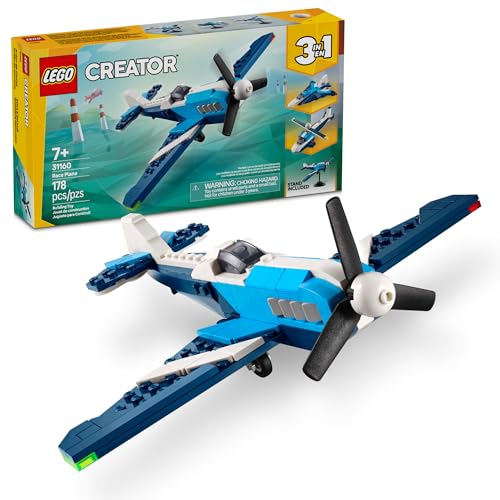According to the military intelligence outlet Janes, Moscow has allegedly approached Indonesia with a request to deploy its aircraft at the Manuhua airbase in the Indonesian part of Papua. Although officials in Jakarta have firmly denied such claims, even the suggestion of such negotiations has triggered concern in Australia—especially in light of the upcoming elections on May 3.
As Neue Zürcher Zeitung reports, the greatest alarm in Canberra was sparked by the specific aircraft mentioned—heavy transport planes Il-76 and long-range strategic bombers Tu-95. The latter, depending on the modification, can serve not only as nuclear weapon carriers but also as patrol aircraft for submarine hunting. The Tu-95’s range exceeds 10,000 kilometers, while the distance from Manuhua airbase to Australia’s northern coastline is just around 1,200 kilometers.
A Strategic Chessboard in the Region
Northern Australia holds exceptional strategic importance. Around 2,500 U.S. Marines are stationed near Darwin, and the nearby Tindal airbase is currently being upgraded to host American B-52 strategic bombers. The presence of Russian Tu-95s in Indonesia would allow Moscow to monitor not only U.S. assets in Australia but also military bases in the Philippines and Guam.
The Australian government reacted swiftly to the Janes report. Prime Minister Anthony Albanese and Defense Minister Richard Marles requested immediate clarification from Jakarta. Speaking on ABC, Marles said his Indonesian counterpart assured him that no talks had taken place and that the reports were inaccurate.
Indonesia Balancing Between Power Blocs
According to Rahman Yaacob of the Australian think tank Lowy Institute, Jakarta’s denial appears credible. He points out that since gaining independence, Indonesia has followed a strict policy of non-alignment and avoids entering into military alliances: “This makes the deployment of foreign troops on its territory highly unlikely.”
Nonetheless, military cooperation between Moscow and Jakarta is no secret. In November last year, the two nations held joint naval exercises in the Java Sea. Moreover, Indonesia actively uses Russian military equipment—such as Su fighter jets—while also working closely with Western partners including the U.S. and Australia. The country’s arsenal includes American F-16s, and joint exercises with Western militaries are held regularly.
Russia as a “Reliable Partner” in Jakarta’s Eyes
Historically, ties between Russia and Indonesia strengthened significantly after 1999, when Western countries imposed an arms embargo on Jakarta in response to the Indonesian military’s brutal actions in East Timor. Unlike the U.S. and Europe, Moscow continued its arms deliveries. This move played a key role in building trust between the two nations, and Indonesia has since been deliberately diversifying its defense suppliers, despite the logistical and training challenges that come with it.
A key influence on Indonesia’s current strategic thinking is the personal background of President Prabowo Subianto, who took office in October last year. As a former commander of special forces operating in East Timor, the loss of that territory remains a kind of trauma for his generation of military leaders. This makes Jakarta particularly wary of Western activity in the region—especially in West Papua, where separatist sentiments still persist. In this context, monitoring U.S. military movements in Darwin takes on special significance.
Jakarta Navigating Between East and West
Despite its growing ties with Russia, Indonesia aims to remain non-aligned. “Indonesia considers Russia a reliable military partner—just like it does Australia,” Yaacob stresses. According to him, the war in Ukraine has not altered Jakarta’s stance. If Australia genuinely wants to deepen its relationship with Indonesia, it must understand and respect Jakarta’s multidirectional approach.
Therefore, even if Russian bombers don’t appear off Australia’s coast anytime soon, the very fact of increasing defense cooperation between Jakarta and Moscow is a clear signal. The Indo-Pacific is becoming an arena of global competition, and every move on this strategic chessboard is closely watched by all major players.
This article was prepared based on materials published by Neue Zürcher Zeitung. The author does not claim authorship of the original text but presents their interpretation of the content for informational purposes.
The original article can be found at the following link: Neue Zürcher Zeitung.
All rights to the original text belong to Neue Zürcher Zeitung.





















